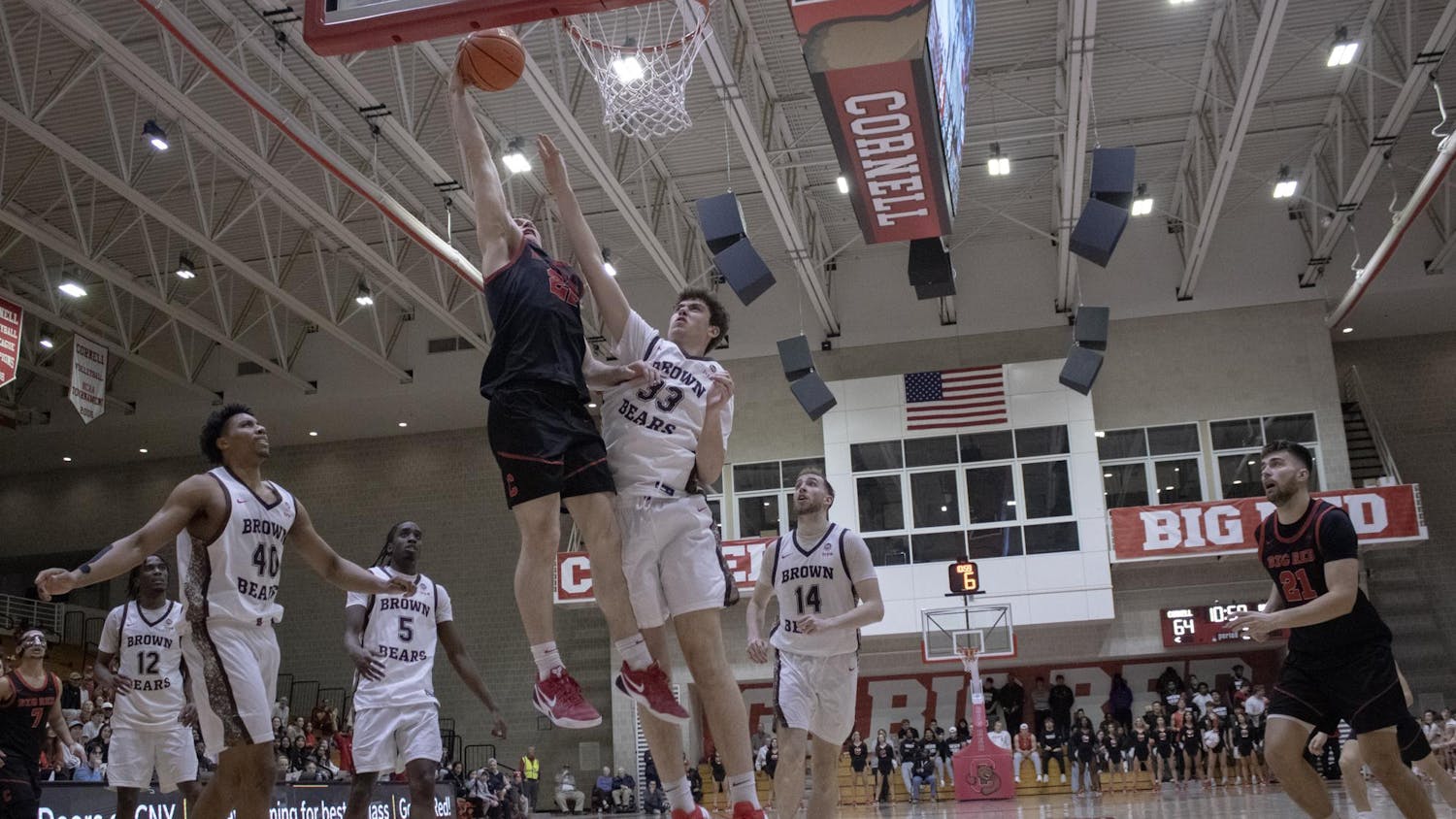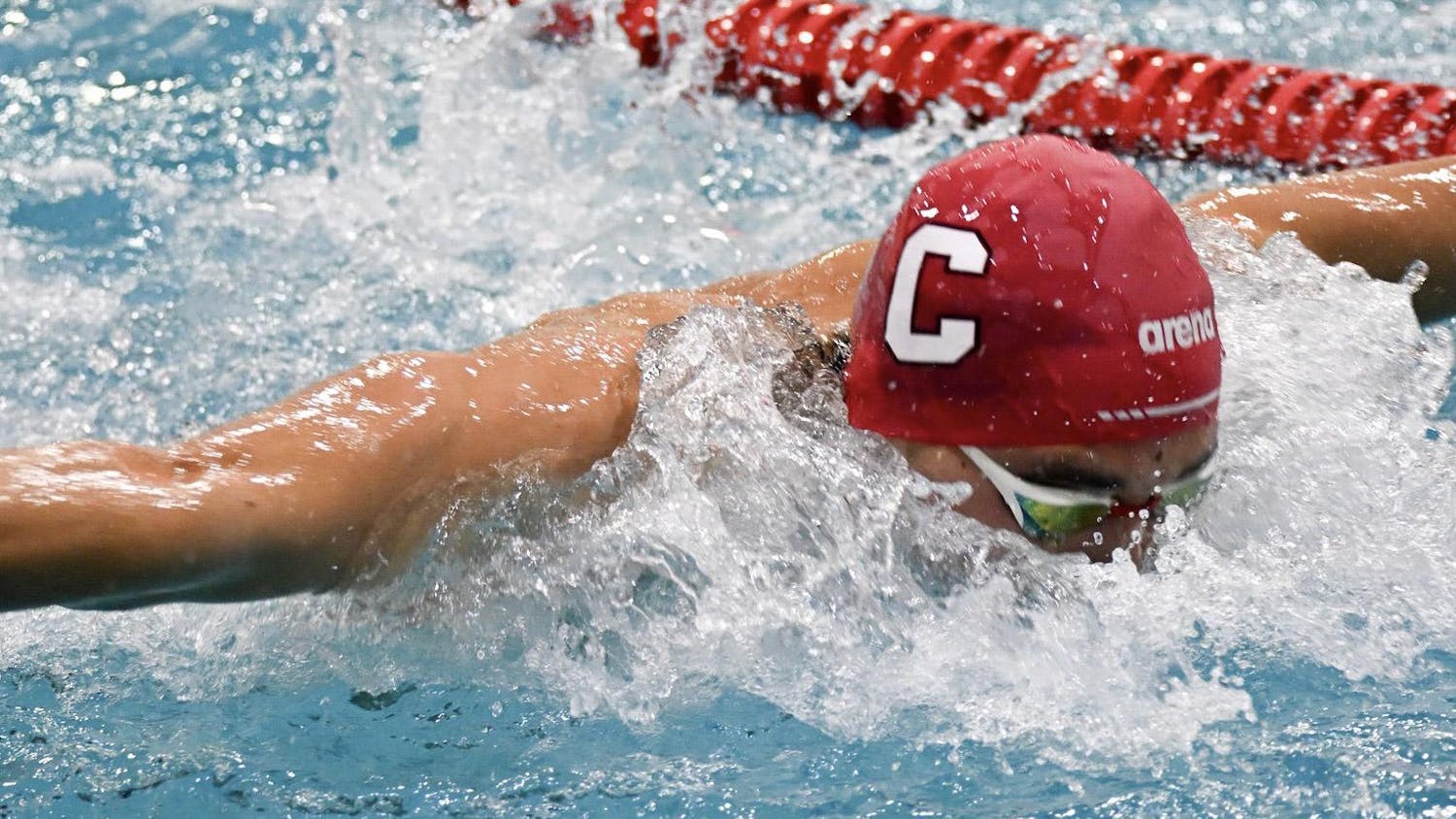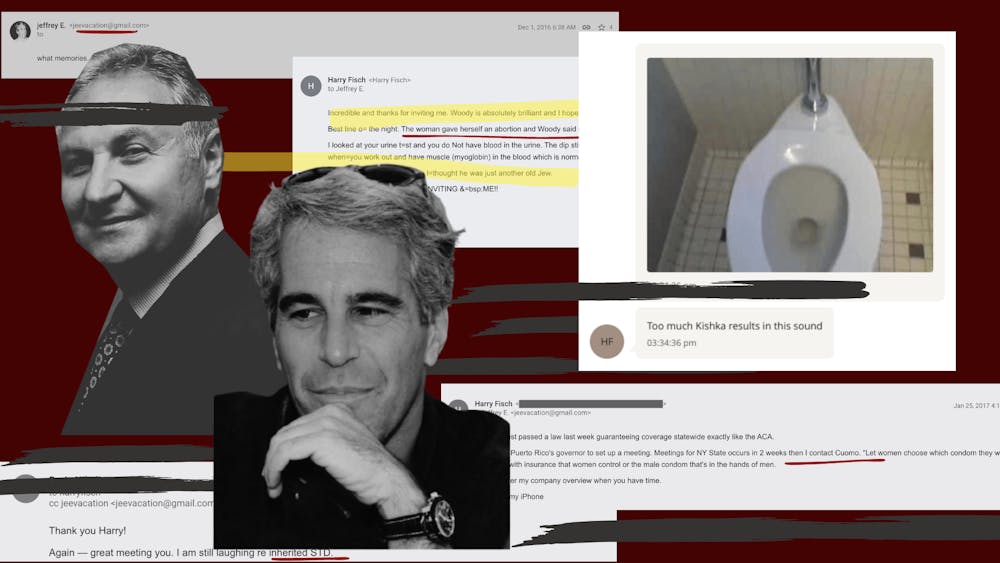It is widely assumed that professional athletes live glamorous lives and make excessive amounts of money. This is especially true within baseball, where major league players have inflated salaries because of their strong union representation, guaranteed contracts and that major league teams will have no salary caps. The average salary for a major league baseball player is just north of $4 million a season. At any time, there are 750 players in the major leagues, making a minimum of $500,000. To put that in perspective, the worst major league baseball player makes almost ten times the median family income in the United States.
While this is all true, I’m actually here to tell you how some baseball players are mistreated and underpaid. When a casual sports fan thinks of a baseball player, they usually think of someone like Alex Rodriguez or Mike Trout. They think of the $30 million salaries that exceed those of CEO’s of companies such as Starbucks and Wells Fargo. They don’t think of Jackson Quezada, Griffin Benedict or Tyler Stubblefield. These three players never saw time in the major leagues, yet they are considered successes.
Jackson Quezada was a Dominican relief pitcher signed to a minor league contract in 2009. He pitched in 119 minor league games over the course of four seasons, before retiring due to injury problems. He is currently a minor league coach with the San Diego Padres. Tyler Stubblefield was a minor league infielder drafted as a junior in college out of Kennesaw State University. He played parts of three seasons before retiring at the age of 25 due to injuries. He is currently the regional scout for the Padres covering the Carolinas. Griffin Benedict was a minor league catcher for two seasons before retiring due to a lack of advancement opportunities. He is currently the Padres bullpen catcher. The three make modest salaries but are able to support themselves.
These are the success stories of minor league baseball. These are players that have successfully transitioned from struggling in the minor leagues, to finding stable careers that draw on their experience. There are almost 10 spots in the minor leagues for every spot in the major leagues each season. Most players never reach the majors. A majority of those are signed from foreign countries or drafted each year to fill minor league teams.
In the Dominican Republic, the country that supplies the largest amount of foreign baseball players, training typically starts at around 12 or 13 years of age. A child drops out of school and is sent to a training academy with “buscones” (businessmen who function as coaches and agents and take a portion of a player’s signing bonus and future earnings) and other players training to play baseball. They live in poor conditions and their lives revolve around baseball. If they are signed, they receive a small signing bonus. Minor league baseball players typically earn between $1,000 and $2,000 a month while they are playing. Of these Dominican baseball players, only 3 percent make the major leagues. Many of these foreign players send a large portion of their paychecks to their families in their home countries. This money means a lot to a family in the Dominican, because a college graduate in the Dominican Republic can make the same amount as a minor league baseball player in the United States. Once players are done playing, they end up cheated out of a formal education, often returning to their home countries with a middle school education and little savings, because what they didn’t send back to their families, they used to survive.
Minor league players from the United States have it a little better. Players cannot be drafted until they have graduated high school, or are in their junior or senior year of college. Players that are drafted out of high school often have to choose between a university education or a chance at their dream. Players drafted higher than the 10th round typically receive a six figure signing bonus, but have to endure years of a minimum wage job, long bus trips, and crowded living arrangements.
Few players actually make the major leagues, leaving the majority with a limited educational background and little savings after a grueling career as a minor league baseball player. The lucky ones find careers as coaches or scouts, but there are only so many of those positions available. Many end up unemployed or in low skill jobs. Baseball has created puppy mills of young men who routinely are thrown back into a society unable to support themselves, while the few who make it to the top are paid excessively. Last year, 20 minor league baseball players filed a lawsuit alleging that they did not make the minimum wage and were not compensated for overtime. Recently, the lawsuit was expanded to include 10,000 minor league baseball players, a decision that could eventually reshape the financial structure of major and minor league baseball.
ELDEN | Foul Play: A Not So Glamorous Lifestyle
Reading time: about 5 minutes
Read More










